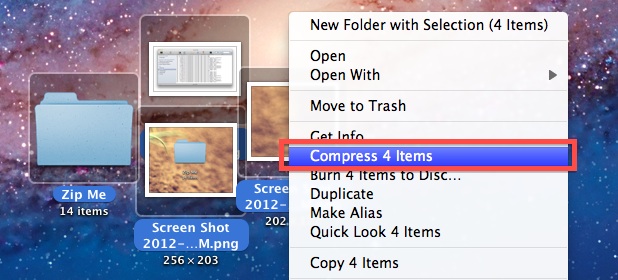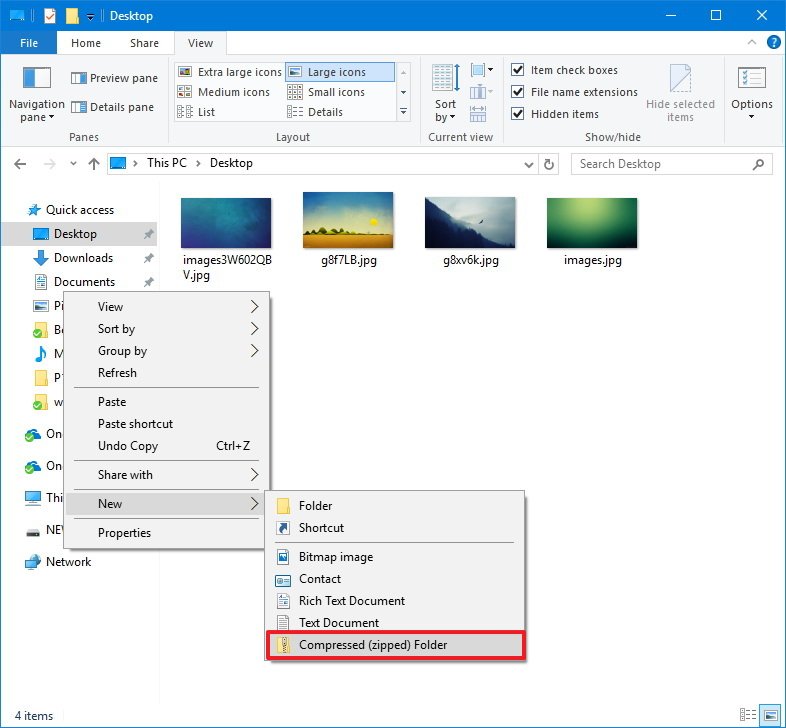
Zip A Folder Free Program That
With 7-Zip you have access to compressing in different formats, including 7z and zip.While you're developing C# applications, you may need to perform some specific or special operations, such as zipping files to download, or sending an e-mail with a zip file attached, or performing a backup. The compression will reduce the file size and even merge multiple files into one for easy transfer.7-Zip can also open these archived files and extract the original documents inside. 7-Zip is a free program that allows for you to compress files and folders.
...

After Googling (a lot!), I've been able to find a solution, which uses a mix of C# and J#. C# has code just for GZip, which is not zip. If you attempt to find the necessary code only on C#, you will find yourself lost. This article shows the way. You may find yourself wanting to do it yourself, without these libraries, using exclusively the.
(Notice that you must have J# libraries installer on your Web server, otherwise you won't be able to have this working.)Copy Code protected void btnZip_Click( object sender, EventArgs e)StringBuilder sb = new StringBuilder() // Builder to save report string ZipFileName = String.Format( C:\ZippedFolders\(.", theDirectory, eX.Message, eX.StackTrace)) LbReport.Text = sb.ToString() // Show result/reportThe result of the Web Application after pressing the button:And the zipped files on the zip folder: Points of InterestThe most interesting point about this solution is that you can use both C# and J# libraries on the same code, compiling them together in order to complete a solution. NET compiles the project, it will assemble this mix as one single application. When you press the button, a mix of C# and J# is called to zip a folder. In my sample, you have a simple Web Application with a button and a label to display the result of this process. Using the CodeThe solution is quite simple, however, it requires you to select the correct methods and specific parameters. But you may be confused about "how do I use J# on C#! Easy, just add a reference to the vjslib.dll Library (see picture below), and import the namespaces to perform the zip needed actions.
NET libraries exclusively, no third party solutions involved. So, why not mix them together in the same solution?!?Another interesting point is the fact that there are several solutions on the web, all of them being libraries that you can download, but you must pay for their license. J# does, however, you are programming in C#.


 0 kommentar(er)
0 kommentar(er)
